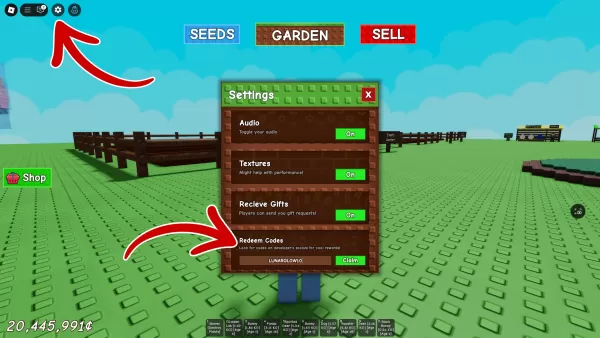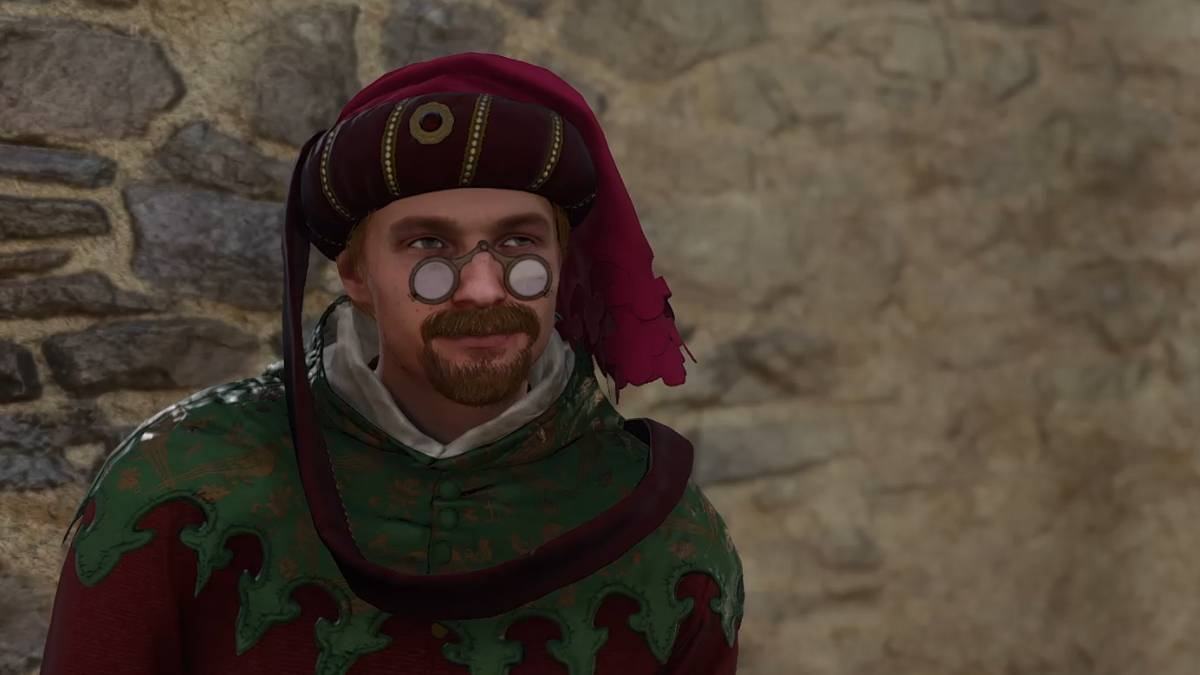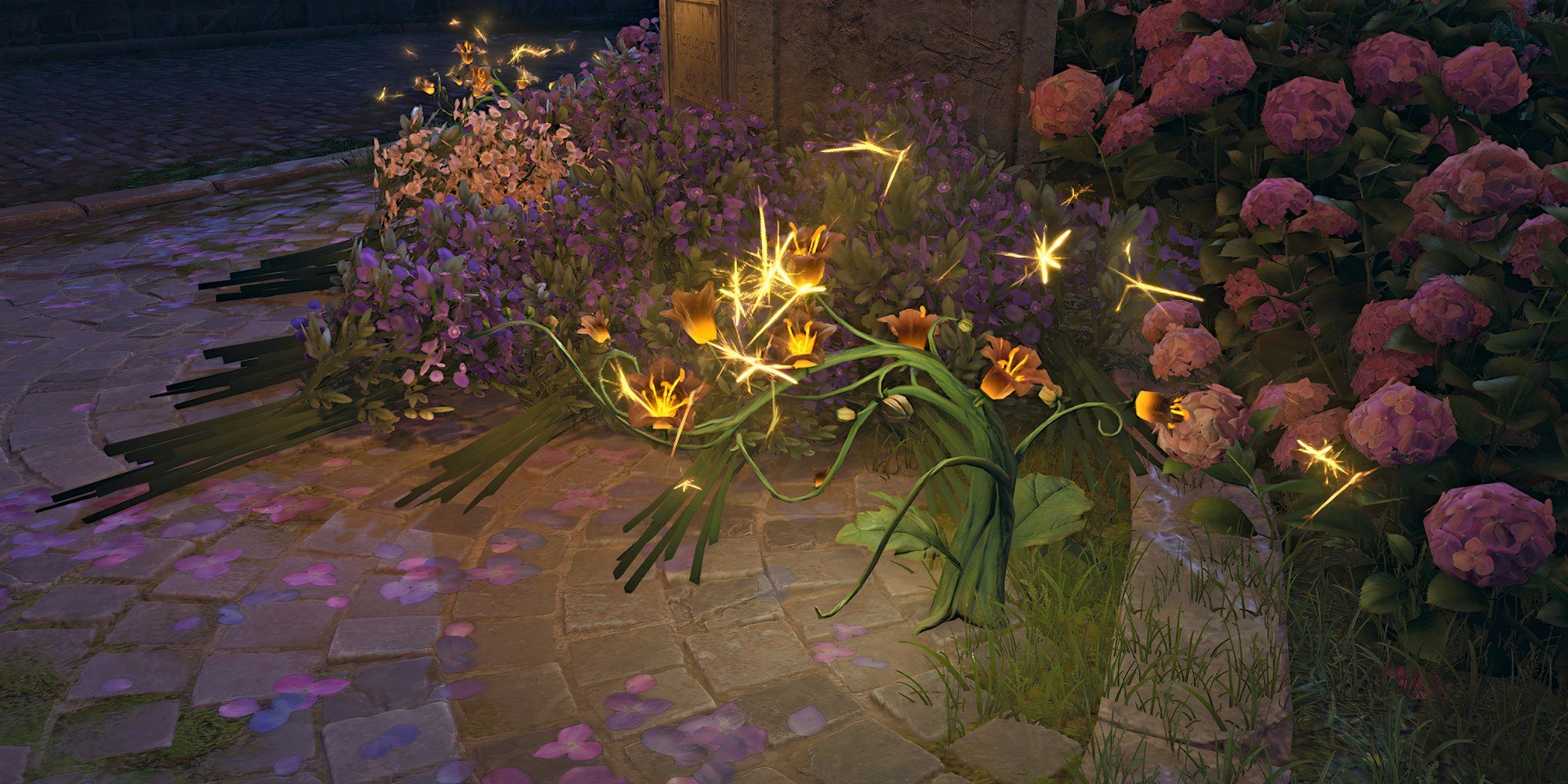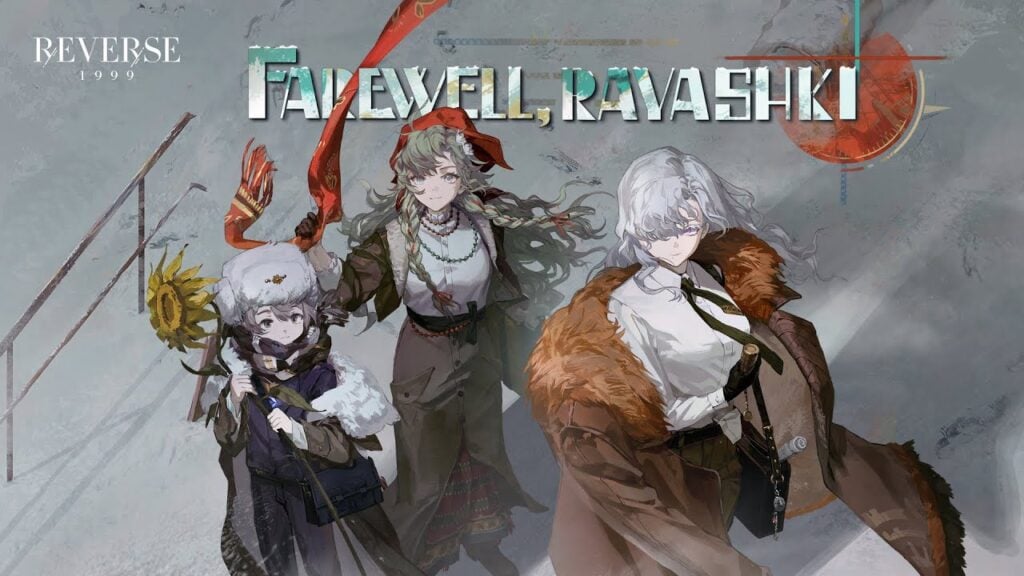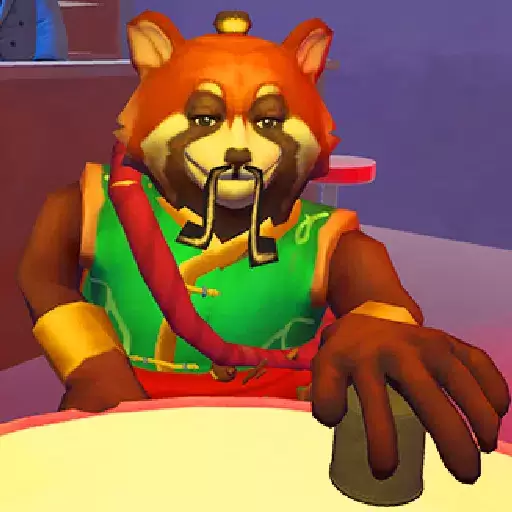The integration of artificial intelligence (AI) in video games has sparked extensive discussions recently, with prominent figures like NieR series director Yoko Taro voicing concerns about its potential impact on the industry. In a recent Famitsu interview, translated by Automaton, several renowned Japanese game developers known for their narrative-driven games, including Yoko Taro, Kotaro Uchikoshi (Zero Escape, AI: The Somnium Files), Kazutaka Kodaka (Danganronpa), and Jiro Ishii (428: Shibuya Scramble), shared their insights on the future of adventure games and the role of AI.
When asked about the trajectory of adventure games, both Yoko Taro and Kotaro Uchikoshi delved into the topic of AI. Uchikoshi expressed apprehension about the rapid evolution of AI technology, suggesting that AI-generated adventure games could soon become mainstream. However, he noted that current AI struggles to replicate the "outstanding writing" and human creativity essential to these games. He emphasized the importance of maintaining a "human touch" to differentiate from AI-generated content.
Yoko Taro echoed these concerns, particularly focusing on the potential job displacement for game creators. "I, too, believe that game creators may lose their jobs because of AI," he stated, envisioning a future where game creators might be regarded similarly to bards—valued for their artistry but perhaps less central to the industry.
The conversation then shifted to whether AI could replicate the intricate worlds and narratives of their games, including unexpected plot twists. Yoko Taro and Jiro Ishii agreed that AI might achieve this, but Kazutaka Kodaka offered a different perspective. He argued that while AI could mimic their styles and works, it lacks the ability to truly behave like a creator. He used the example of David Lynch, noting that while others might write in Lynch's style, Lynch himself could evolve his style while maintaining authenticity.
Yoko Taro suggested using AI to generate new scenarios, such as alternative routes in adventure games. However, Kodaka pointed out that such personalization could dilute the shared experience that many gamers value.
The discourse on AI's role in gaming extends beyond these developers. Other notable creators and companies, including Capcom, Activision, and Nintendo president Shuntaro Furukawa, have also shared their views. Furukawa acknowledged the creative potential of generative AI but highlighted concerns about intellectual property rights. Both Microsoft and PlayStation have also contributed to the ongoing dialogue about AI's implications in the gaming world.

 Latest Downloads
Latest Downloads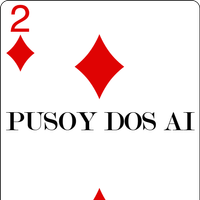
 Downlaod
Downlaod




 Top News
Top News